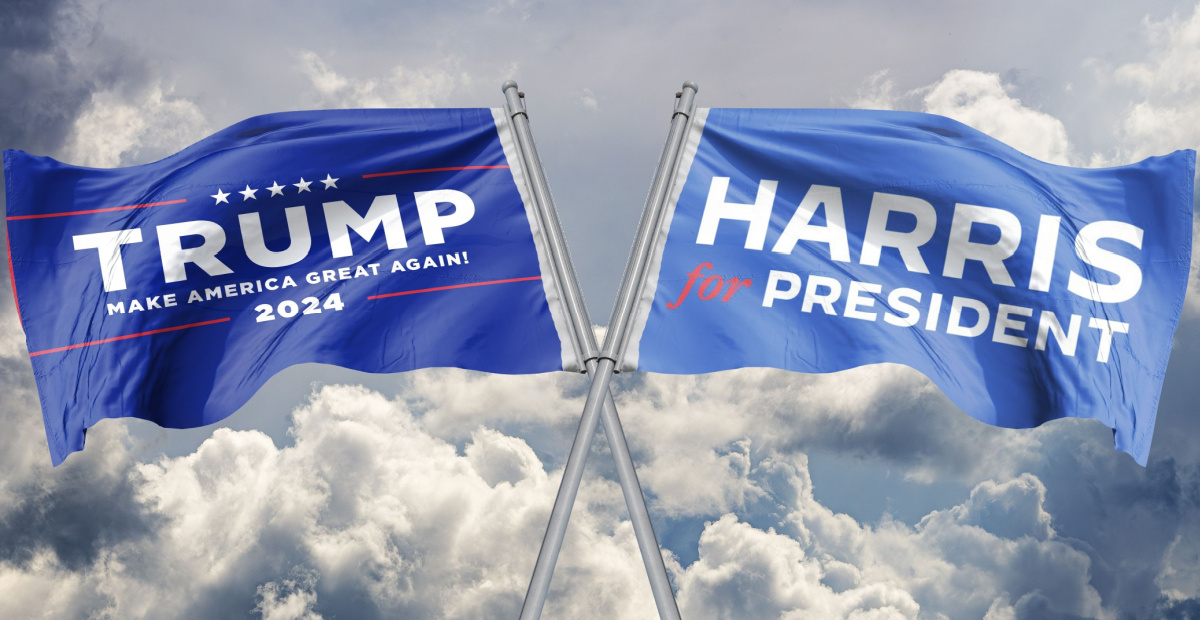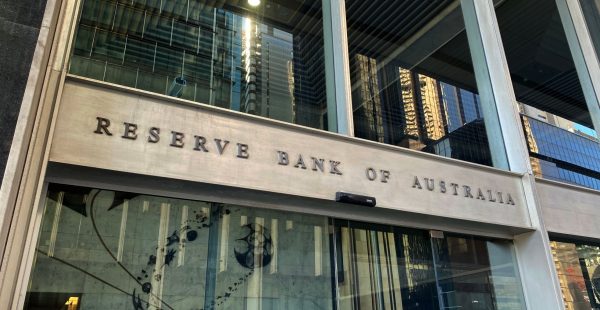Harris vs Trump: Investors warned to brace for vast policy program gulf

Investors should be prepared for significant policy divergences between a Harris- or Trump-led White House, a leading US analyst warns, noting stark differences between the top candidates’ trade and tax proposals, carbon abatement initiatives and responses to fiscal hurdles.
US citizens head to the polls on Tuesday, 5 November (Wednesday AEST) where they will decide not only between the two main candidates for the 47th Presidency (incumbent Vice President Kamala Harris or former President Donald Trump) but also the makeup of the US’s two houses of Congress – the Senate and the House of Representatives.
Gil Fortgang, Washington associate analyst at T. Rowe Price, has laid out the three immediate and consequential policy decisions a newly elected president must grapple with.
Firstly, an urgent priority for the new administration will be to decide on key cabinet appointments. These appointments are not a fait accompli, however, and require confirmation by a potentially hostile US Senate.
A Harris administration would likely seek to maintain at least some continuity with the former Biden administration. Should Senate numbers fall in the Democrats’ favour, Fortgang predicts that at least some agency heads will be kept as interim or acting chairs. A Republican-leaning Senate, however, may force the selection of more ‘red’-friendly candidates.
A Trump administration, meanwhile, would likely see most drastic and immediate changes to cabinet, given, as Fortgang notes, “its starkly different policy priorities from the Biden‑Harris White House and the Republican’s stated penchant for rolling back regulation”.
On the economy, a Harris administration would likely seek continuity with the Biden administration’s key policies, including core green initiatives (most notably, the commitment to a 50-52% reduction in carbon emissions by 2030).
A Trump win would see an almost singular focus on trade policy, with the Republican administration promising record tariffs on various Chinese goods and the imposition of levies on imports from other countries, including traditional US allies, Fortgang notes.
Trump, who has dubbed himself “Tariff Man”, has proposed a 60% impost on goods imported from China, while other countries could be lumped with a levy of up to 20%.
The imposition of such tariffs, economists warn, could “reignite” inflation and drive up prices of consumer goods and services.
On the precipice
Finally, within just their first year in office, Fortgang warns that the 47th President will likely have to contend with two “fiscal cliffs”.
The most immediate cliff, the US debt ceiling, an issue that has bedevilled previous administrations, will return to the fore again early next year. A temporary suspension of the debt cap (introduced as part of the Biden Administration’s Fiscal Responsibility Act 2023) is set to expire on 2 January 2025.
While a President-aligned Congress will augur a prompt resolution to this spending cap, a divided government could, Fortgang warns, “lead to familiar brinkmanship around raising the debt ceiling”. Without prompt resolution, key Government services could grind to a halt by mid-2025.
A second immediate fiscal challenge is a decision on whether to extend key provisions in the Tax Cuts and Jobs Act (TCJA), enacted by Trump in 2017.
Extending these tax cuts, Fortgang warns, could result in US$4 trillion to US$5 trillion in deficit spending over the next 10 years.
Inaction, on the other hand, could result in “one of the largest nominal tax hikes in US history”, he said, with the potential to impact consumer and business spending.
Regardless of who takes the presidency, Fortgang expects many of the TCJA’s tax breaks to be extended.
“However, given the cost, the debate over potential spending cuts and revenue increases over the course of the year could create policy risk for certain industries and sectors.”
Pollsters have Harris and Trump running neck-and-neck for the presidency. The outcome for the Senate is considerably more favourable for the Republicans, who are predicted to comfortably regain their majority in the upper house. The contest for the House of Reps appears considerably closer, with a slim majority favouring a flip to the Democrats.











Deliberate adviser blocking tactics by union super funds. Some are OK, such as ART and and Aware. But Australian Super…
Of course the SMC supports ASIC’s IDR naming and shaming proposal—this is entirely in line with its broader strategic playbook.…
Has anyone noticed that most platforms try to classify complaints as feedback instead of complaints nowadays? Even when you stipulate…
No this would be analogous with Industry Funds being named and shamed for individual breaches and incidents in IDRs and…
ASIC & Industry Super Fund audits done in member paid for Sporting boxes whilst enjoying free food and alcohol. All…